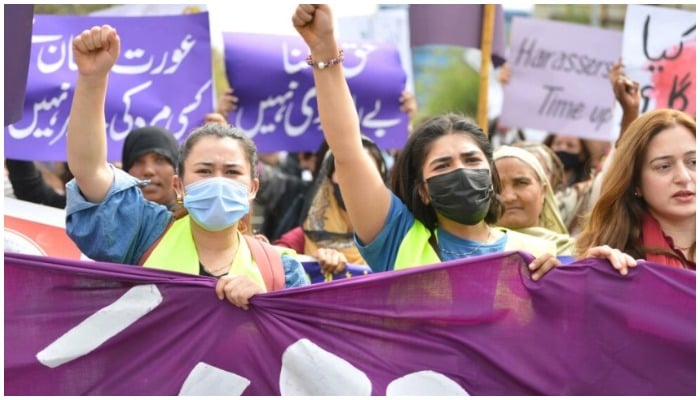Demonstrators wore pink knit pussyhats and black face masks honoring the late Supreme Court Justice Ruth Bader Ginsburg on Saturday for the second Women's March of the year.

Women and allies gathered in Washington, DC, and several other cities around the country to protest President Donald Trump's nomination of Amy Coney Barrett to the Supreme Court and urge women to vote in the upcoming election.
"I want my country back," Barbara Moore of Arlington told CNN affiliate WJLA.
The crowd marched from Freedom Plaza to the National Mall, some carrying signs with messages like "Hell no, Amy must go!" and "You call us nasty because you are afraid of what strong women can do."
Karen Ehrgott said she traveled from the Philadelphia area to attend the march to protest Barrett's nomination and the push to confirm her before the November 3 election.
"It's a mess. It's really, really a mess. I am very, very fearful of our democracy," Ehrgott told CNN. "I thought it was thriving and nothing could ever happen, but clearly it's a lot more fragile than we understood it to be."
Trump has pointed to the November 3 election as a reason for seeking swift Senate confirmation of Barrett, a federal appeals court judge who would be his third appointee to the nine-member bench. The President has said he believes the Supreme Court could ultimately decide whether he or his Democratic opponent, former Vice President Joe Biden, is the winner of the election.
Saturday's event is the second Women's March this year. Partially due to the pandemic, the crowd was much smaller than the January 18 event and even more than the first-ever Women's March in 2017, which may have been the largest single-day protest in US history.
Simultaneous marches were held in other cities including Denver, New York and Nashville.
The Women's March organization has suffered from growing pains since its first show of force in 2017.
Controversy and allegations of anti-Semitism surrounding its founders eventually led to three of them stepping down from the board last year. They had denied the allegations. The Women's March then appointed 17 new leaders to the board.


Women Marchers Led By ‘The Handmaid’s Tale’ Protesters Voice Opposition On Trump Ticket, Amy Coney Barrett Nomination
By Bruce Haring

People march during the Women's March in downtown Chicago, Saturday, Oct. 17, 2020. Dozens of Women's March rallies were planned from New York to San Francisco to signal opposition to President Donald Trump and his policies, including the push to fill the seat of late Supreme Court Justice Ruth Bader Ginsburg before Election Day. (AP Photo/Nam Y. Huh)AP
A nationwide protest against the Donald Trump-Mike Pence presidential ticket and the Supreme Court nomination of Amy Coney Barrett was coordinated Saturday by the Women’s March organization. More than 400 events were planned throughout the country.
Leading the battle in many cities were the women dressed in the red habits borrowed from “The Handmaid’s Tale” television adaptation of Margaret Atwood’s dystopian novel. The Washington, DC main event was permitted for 10,000 attendees.
Los Angeles, Pasadena, Long Beach, Torrance and Laguna Niguel were the sites for local protests on the main themes.
Some women wore white lace collars and black robes to honor the late Justice Ruth Bader Ginsburg. Marchers were faced with counter-protesters at the Supreme Court, but the marches were generally peaceful. The densely packed crowds did not observe social distancing, and a number of participants did not wear masks.
The marches come days before the Senate holds its first vote to confirm Barrett to replace Ginsburg, a move that would cement a conservative majority.
Women’s Marches have been held regularly since the day after President Donald Trump was sworn into office, but many have diminished in size since the inaugural rallies
Three of the four original founders – Bob Bland, Tamika Mallory and Linda Sarsour – stepped down from the organization after reports of of infighting, money mismanagement, and other issues.

Thousands of protesters took part in women’s marches on Saturday, with a main event in Washington, D.C., and sister marches taking place across the country.

Organizers had anticipated 116,000 in-person and virtual participants. They said tens of thousands showed up at what turned out to be 438 #CountonUs marches across all 50 states.
Actions were planned in key swing states including “a march for Black lives lost in Milwaukee, Wisconsin,” a “Feminist Icon Costume Party in Harrisburg, Pennsylvania,” and a “golf cart parade at The Villages, Florida,” according to organizers.
Women's march protests have taken place every year since the first drew more than a million to various locations the day after the inauguration of President Donald Trump.
This year’s goal was to ensure that the 1.25 million women on the organization’s list vote and bring three friends.
“Women showed up in force on day 1 of Trump’s presidency for the first Women’s March, and now we’re mobilizing to finish what we started,” Rachel O’Leary Carmona, the executive director of Women’s March said in a statement. “Trump’s presidency began with women taking to the streets, and that’s how it’s going to end.”MORE: Women's March 2019: Everything you need to know











Video:




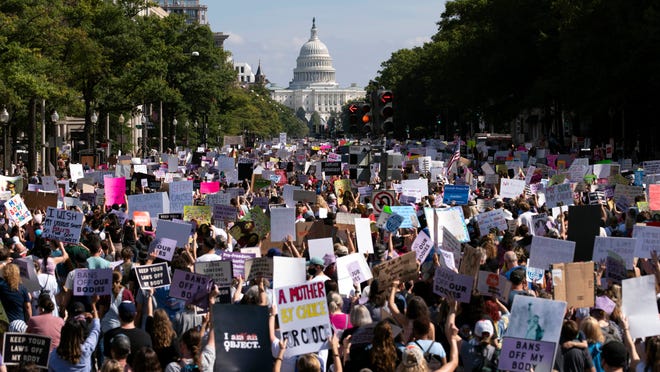
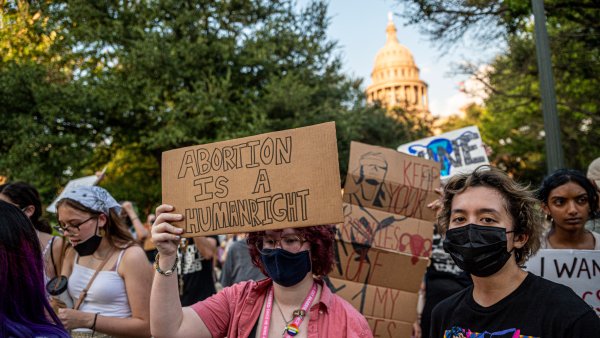
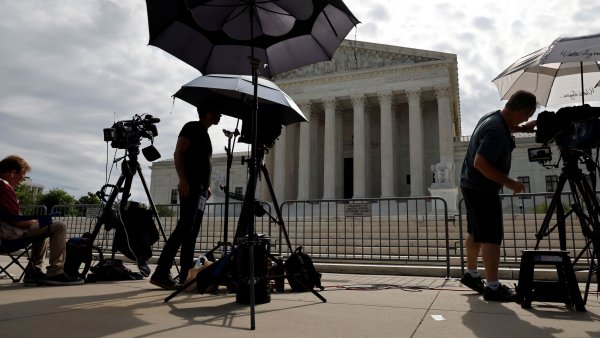
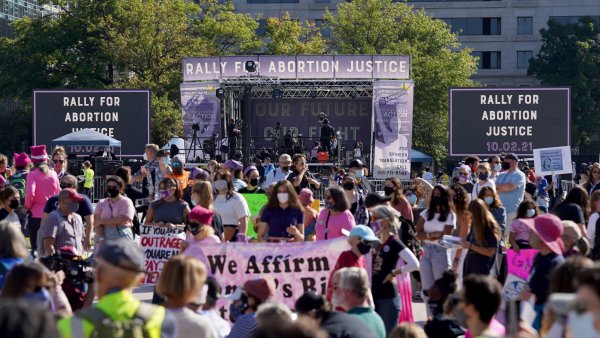
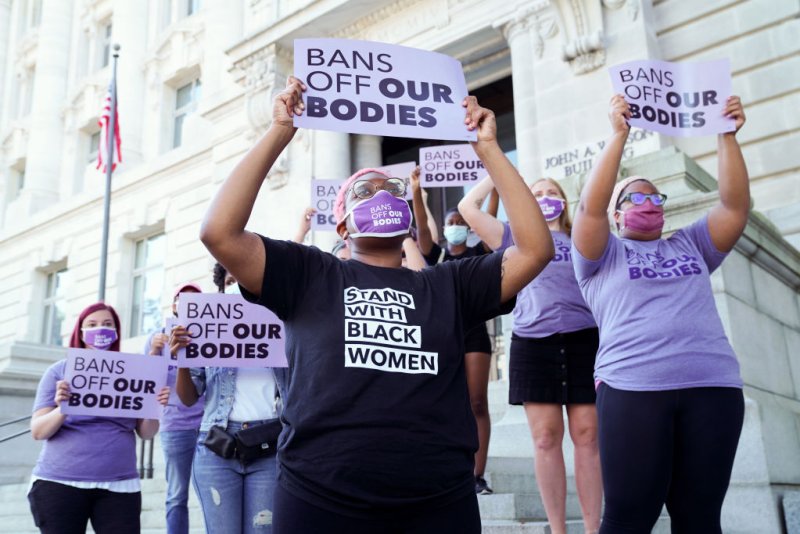
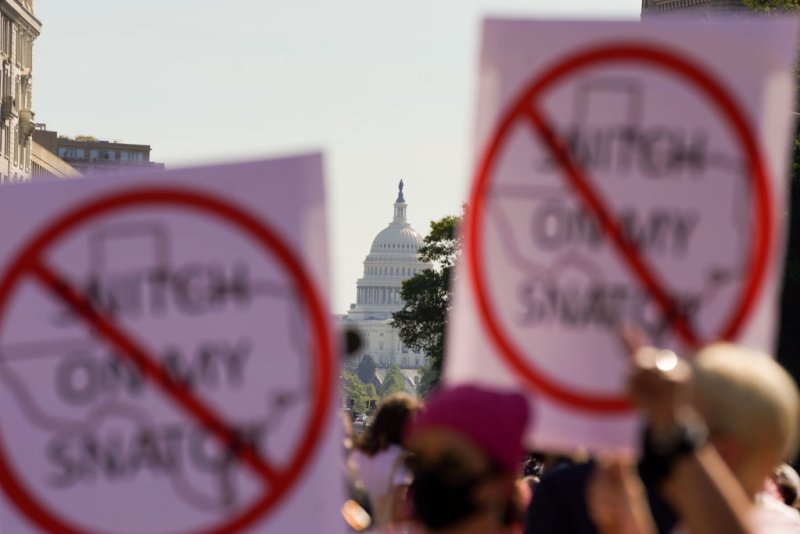
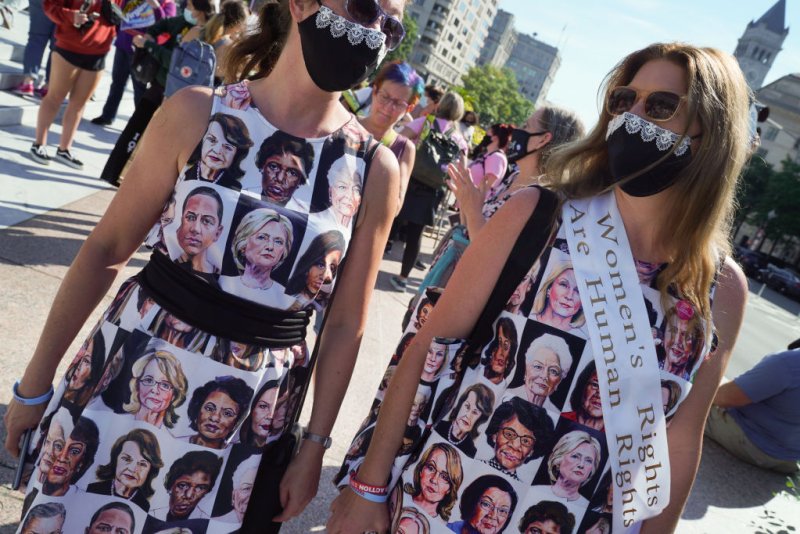
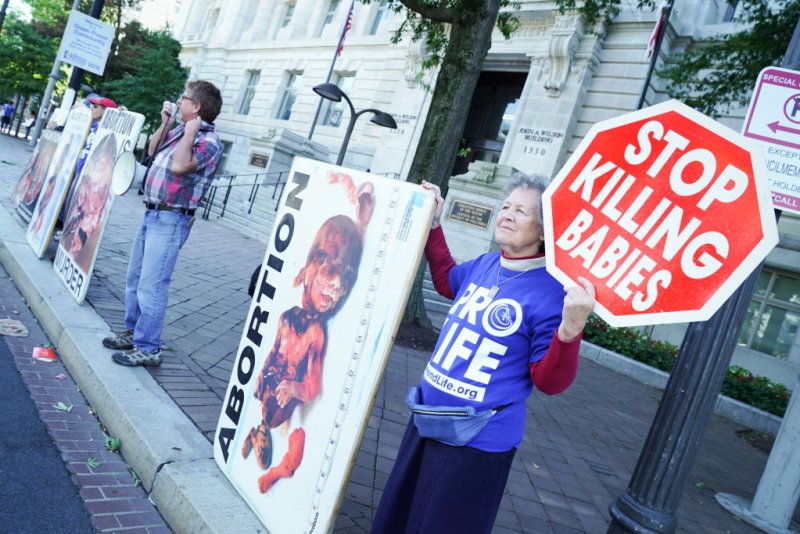
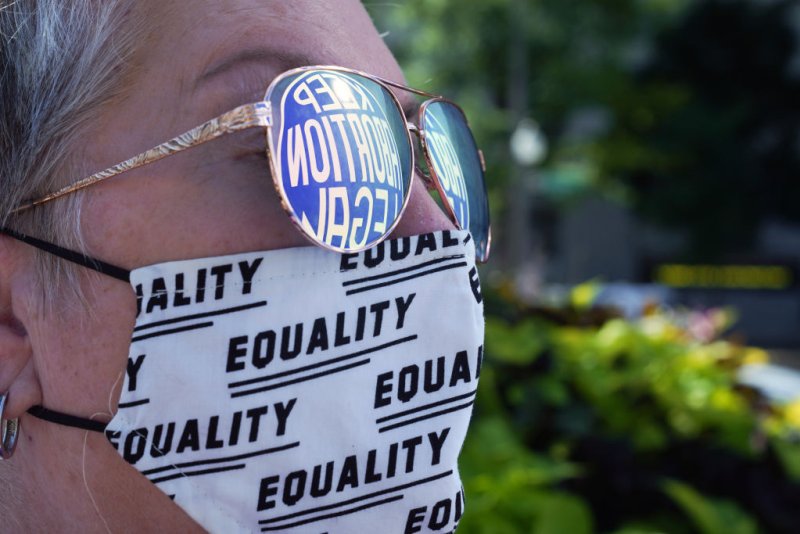
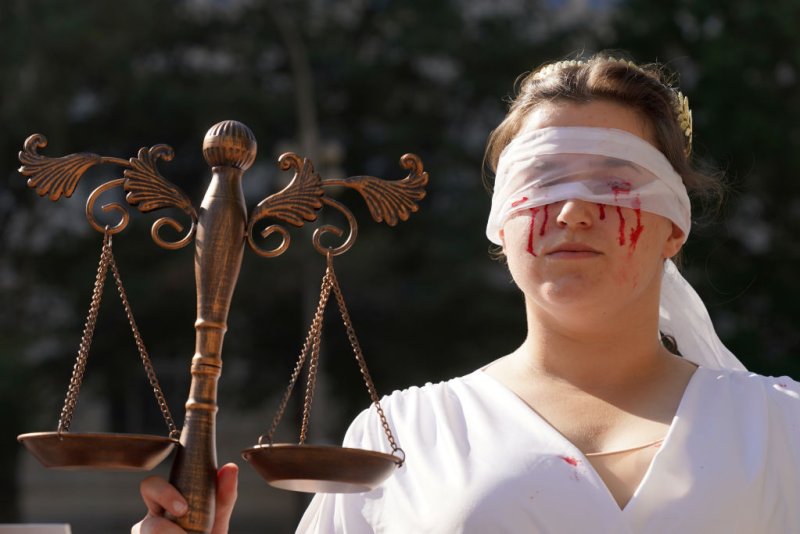
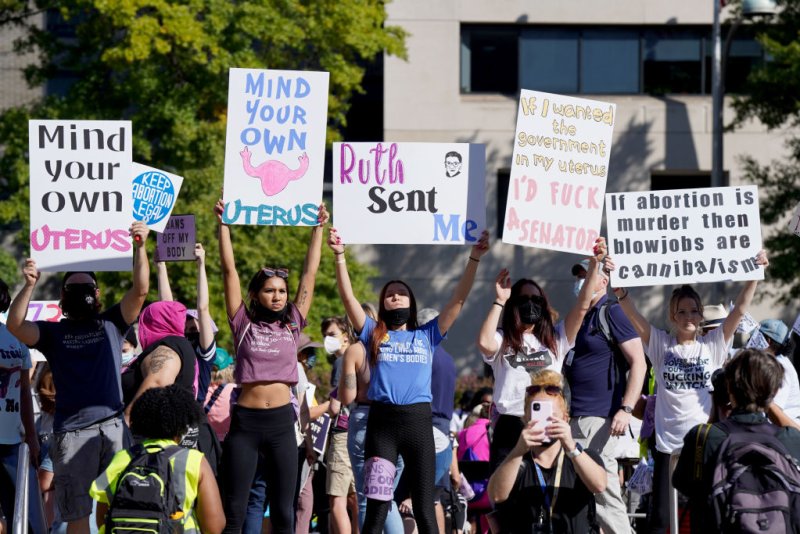
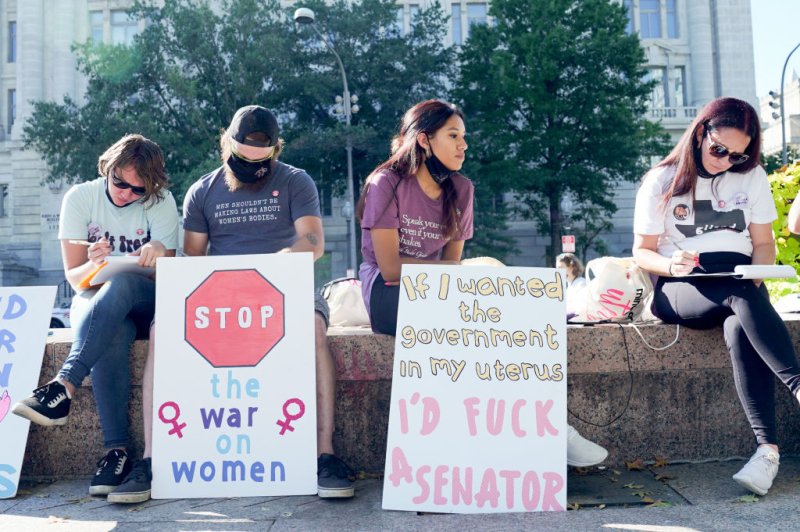
 Demonstrators gather at the Los Angeles Women’s March from Pershing Square to City Hall on Saturday, October 17, 2020. (Photo by Keith Birmingham, Pasadena Star-News/ SCNG)
Demonstrators gather at the Los Angeles Women’s March from Pershing Square to City Hall on Saturday, October 17, 2020. (Photo by Keith Birmingham, Pasadena Star-News/ SCNG)